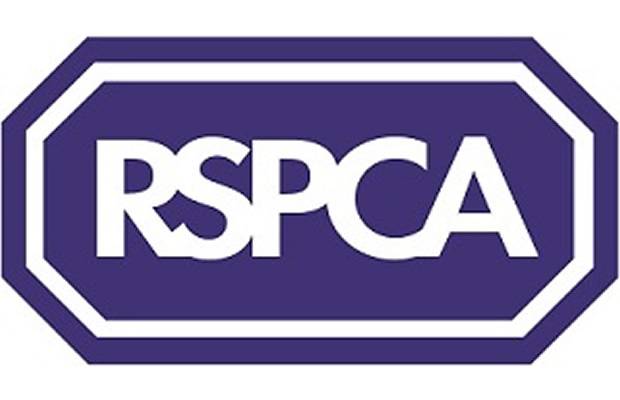Advice from the RSPCA
It is important to train your dog in order to keep it under proper control when out in the countryside. Good training reduces the risk of your pet worrying sheep and means that you can feel confident when enjoying a walk with your dog. Whether you wish to participate in the training or leave it to an expert, the RSPCA offers advice on how to find the right trainer for your dog.
John Avizienius of the RSPCA Farm Animals Department says: “We want everyone to enjoy the countryside, but please remember that it is the farmers’ workplace and the livestock are their valuable assets. Sheep can suffer terrible injuries and can abort their lambs when they are attacked or chased by dogs. Please ensure that your dog is kept on a lead at all times when walking with them in the countryside.”
As well as ensuring you have control over your dog, training has lots of other benefits. It provides your pet with mental stimulation and social skills, and can be a good opportunity for you and your dog to get to know each other. RSPCA recommends reward-based training from an early age.
RSPCA advice on finding a dog trainer
Anyone can call themselves a dog trainer, regardless of whether they have the necessary skills to do a good job. Bad training can be harmful to a dog and cause behavioural problems, so it’s a good idea to look for a trainer who is accredited by the Association of Pet Dog Trainers UK. Before joining a training class, you should go along to observe a session. Here’s what RSPCA recommends you look out for when choosing a training class:-
- Dog behaviour. Dogs new to the class may be anxious – how does the instructor deal with the anxious dog? Dogs which are used to the classes should be relaxed and interested. Avoid classes where dogs are cowering, have their tail between their legs or do not make eye contact.
- Training methods. Go for a class that uses positive methods based on rewards like food, play or toys. Don’t choose a class if it uses training techniques based on fear, intimidation or physical punishment.
- Class size. The Association of Pet Dog Trainers UK recommends that a class with an instructor and one assistant should contain no more than eight puppies.
- Environment. The class should be calm and quiet. If there’s a lot of shouting or barking this indicates high stress levels.
- Tailoring for the individual. All dogs are different. Some dogs will progress faster than others, and different dogs are motivated by different things. Does the class cater for this?
- Staying on topic. Instructors should advise owners to speak to their vet or a clinical animal behaviourist about medical or serious behavioural issues – they should not advise on or try to tackle these themselves unless qualified to do so.
Based on information from the RSPCA website



